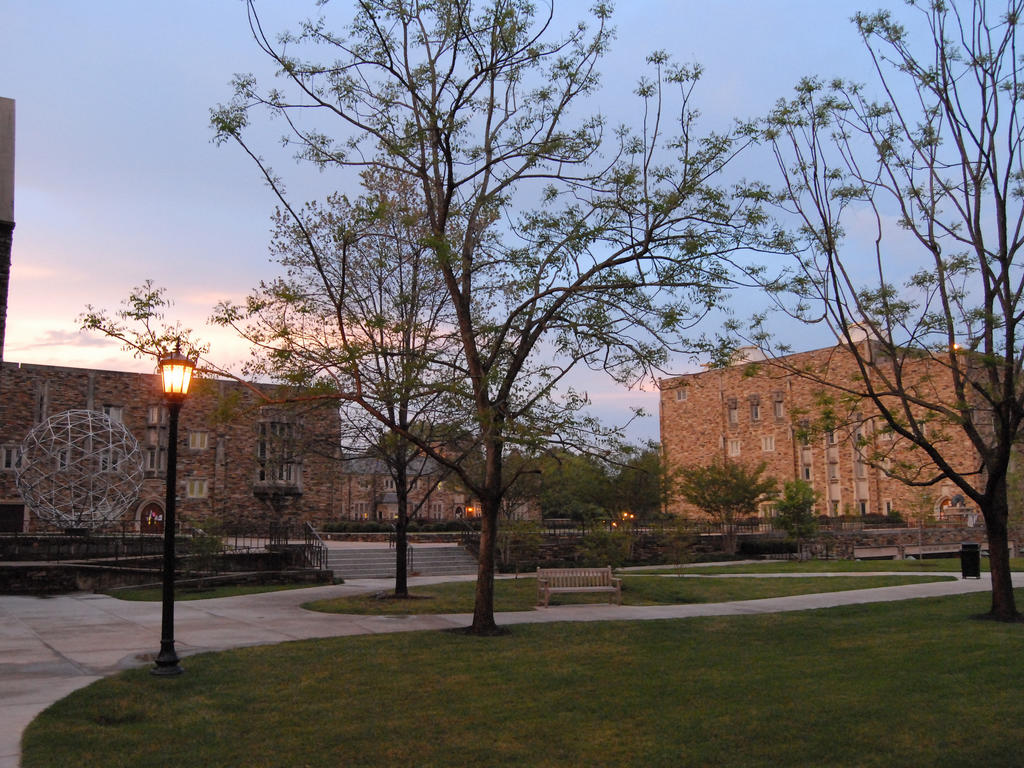Welcoming our very talented Class of 2017 this fall provided a most meaningful reminder of how much the Campaign for Rhodes matters to our students and our college. Increasingly, our students arrive on campus from all across our country and all around the globe. Rhodes is affordable to many of these students because of the scholarships provided by alumni, parents, and friends of the college. Newly funded opportunities for research, internships, and service proved to be the deciding factor for many of them to attend Rhodes. Funds donated for faculty support and new faculty positions help ensure that students learning experiences will be exceptional.
So many of you have given and continue to give generously to help us achieve our goals to provide the best possible support for students and faculty. Thanks to you, much has been accomplished to enhance the student experience and make our great college even better. But our work is not yet done. We extended our Campaign for Rhodes and expanded our goal to $303.5 million for student and faculty support. We added a component essential for the continued success of ourstudents—updated and expanded science facilities.
As you read in this issue the storied history of the Peyton Nalle Rhodes Tower, many of you will be reminded of the opening of the Frazier Jelke Science Center in 1968. So very much has changed since then.
Our track record of student success in the sciences and our partnership with truly world-class institutions such as St. Jude Children’s Research Hospital has created unprecedented student interest in the sciences. More than 40 percent of the Class of 2017 intends to major in the natural sciences.
With all we have to offer, our science facilities simply have not kept pace. Since Frazier Jelke Science Center was built, student enrollment in the sciences has tripled. We are now ranked in the top 10 of liberal arts colleges nationally for graduates in the natural sciences. We are very proud of the great work of our faculty and students, but they must have the facilities they need to continue this momentum.
While student interest has increased dramatically, changes in how science is taught are even more significant. Science today has become more interdisciplinary.
Historically, all science majors at Rhodes graduated in either biology, chemistry, or physics. While these majors remain prominent in our science curriculum, new interdisciplinary science majors, including biochemistry and molecular biology, neuroscience, environmental sciences, and environmental studies, are among some of our fastest-growing majors.
Lab work has also become more project oriented, experimental, and interdisciplinary. Instead of the traditional “lab partner” approach, our students engage in more collaborative group work with other students and as research assistants with faculty members. Many of our students present their research at national conferences and are listed as co-authors on articles alongside our accomplished faculty. To maintain this new focus on collaboration, our facilities must support new approaches to teaching and learning.
We are committed to giving every student the best education possible in the classroom and the best chance to grow and develop both on our campus and beyond our gates through truly exceptional opportunities. We do that particularly well in the sciences.You would be so proud of the testimonials we receive from our Memphis partners about how our students excel. The integration of the sciences, humanities, and social sciences—and their interconnectivity—makes the sciences unique at Rhodes.
The continued support of our entire college community is critical as we aim to raise $42 million to renovate and expand our science facilities. With the recently announced $4.4 million Plough Foundation grant, we have received about $10 million in philanthropic commitments toward this goal. We ask you to join us in achieving our goals for the sciences and our overall campaign. Each of us benefits when bright young minds take what they have learned and experienced at Rhodes and begin to impact the world. With your help, I am confident we will soon have the science facilities that best support the students and faculty at Rhodes. Please do all you can to help us with this important initiative.
